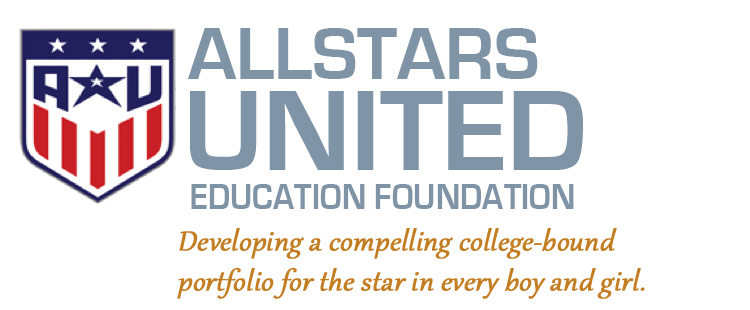AllStars Summer Robotics/Math/Sports/Arts Camp at Evergreen
- Dates: June 15th to Aug 14th
- Time: 9:00 AM to 3:00 PM
- Weekly: You can register for one week at a time
- Cost per week: $245 Full day (9:00 AM to 3:00 PM) and $195 Half day (9:00 AM to 12:00 PM)
- Ages: 5 to 18 (KG through 8th Grade)
- After-School: is available from 3:00 PM to 6:00 PM for an additional $95 per week.
- Location:
- EVERGREEN: 2650 Aborn Rd, San Jose, CA 95121, USA
Register Now
- Curriculum:
- This camp includes: Robotics, Programming, Math, Arts & Sports.
- STEAM stands for Science, Technology, Engineering, Art, Mathematics
- Daily Camp Schedule
- 9:00 AM to 10:00 AM – Robotics/Coding or Arts
- 10:00 AM to 10:15 AM – Break
- 10:15 AM to 11:00 AM – Math or Sports
- 11:00 AM to 11:15 AM – Break
- 11:15 AM to 12:00 PM – Art or Sports
- 12:00 PM to 12:45 PM – Lunch
- 12:45 PM to 1:30 PM – Robotics/Coding or Art
- 1:30 PM to 1:45 PM – Break
- 1:45 PM to 2:30 PM – Math or Art
- 2:30 PM to 3:00 PM – Driving Robots or Crafts
- Option to Select Activities for a student at Camp
- Robotics/Coding
- Math
- Sports
- Arts
- Crafts
- Driving Robots
Register Now for Summer Camp
STEM Robotics
Students learn skills for building, programming, and presenting robots for competitions like First Lego League (FLL) and First Tech Challenge (FTC).
Learning Targets for each project enable students to demonstrate what they have learned and enable teachers to assess their success.
- I can build a model and change the design to push or pull.
- I can build a model and change speed and direction.
- I can sketch a model and illustrate how the shape of an object determines its functions.
- I can determine the effect of an external force on the motion of an object.
- I can identify failure points and compare multiple possible solutions to the failure point in a moving object.
- I can relate counting to addition and subtraction (e.g., by counting on 2 to add 2).
- I can determine whether a group of objects (up to 20) has an odd or even number of members.
- I can solve two-step word problems using the four operations.
- I can represent problems using equations with a letter standing for the unknown quantity.
- I can interpret a multiplication equation as a comparison.
- I can represent verbal statements of multiplicative comparisons as multiplication equations.
Learning Targets for Robot Programming
- I can program a robot using motor blocks.
- I can move a robot forward and backward a desired distance.
- I can program a robot to move in a circle clockwise or counterclockwise.
- I can use Geometry to program a robot to take Right Angle, Obtuse Angle, and Acute Angle turns.
- I can navigate the robot through an obstacle course.
- I can build a robot with Touch Sensor attachments.
- I can program a robot to react to my touch.
- I can program a robot to repeat actions using a loop structure.
- I can program a robot to BUMP and EXPLORE.
- I can program a robot to move autonomously through an obstacle course by “feel” using its touch sensor input.
- I can build a robot with a Light Sensor attachment.
- I can write a program that will calibrate color sensors for black and white.
- I can write a program that will detect light and darkness.
- I can program a robot to use the color sensor to move until a line and follow a line.
Math
We teach students the skills needed for the Math Counts and Math Olympiad competitions.
Arts & Sports
